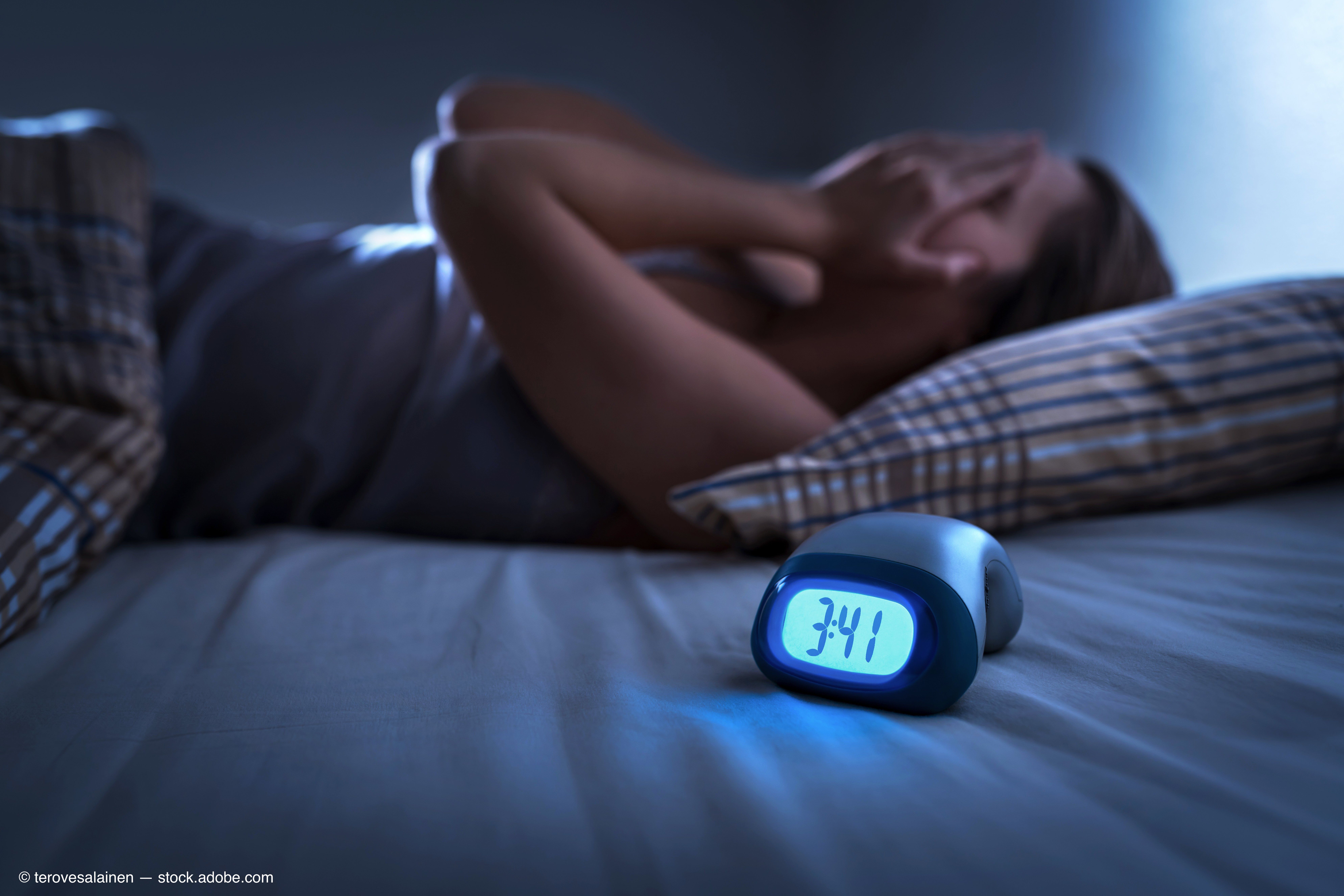Introduction:
Getting a good night’s sleep is essential for our physical health, mental well-being, and overall quality of life. Unfortunately, many individuals struggle with sleep difficulties that can disrupt their rest and impact their daily functioning. In this comprehensive guide, we will explore effective strategies and practical tips to help you sleep better at night. From creating a sleep-friendly environment to adopting healthy sleep habits, we will provide valuable insights and actionable steps to improve your sleep quality and promote optimal restfulness.
Section 1: Understanding Sleep and Its Importance
1.1 The Importance of Sleep: Discuss the vital role sleep plays in overall health, including physical restoration, cognitive function, emotional well-being, and immune system regulation.
1.2 Sleep Recommendations: Provide an overview of recommended sleep durations for different age groups and highlight the significance of both quantity and quality of sleep.
Section 2: Creating a Sleep-Conducive Environment
2.1 Optimizing Bedroom Conditions: Discuss the importance of a comfortable and soothing sleep environment, including factors such as room temperature, lighting, noise levels, and mattress and pillow quality.
2.2 Decluttering and Organizing: Explain how a clean and clutter-free bedroom can promote relaxation and reduce distractions that may interfere with sleep.
2.3 Addressing Technology Use: Highlight the negative impact of electronic devices on sleep and recommend establishing a technology-free zone before bed. Provide tips on reducing screen time and utilizing blue light filters.
Section 3: Developing a Relaxing Bedtime Routine
3.1 Consistency and Regularity: Emphasize the importance of establishing a consistent sleep schedule by going to bed and waking up at the same time every day, even on weekends.
3.2 Wind-Down Period: Encourage the development of a relaxing pre-sleep routine to signal the body and mind that it’s time to unwind. Suggest activities such as reading, taking a warm bath, practicing relaxation techniques, or listening to calming music.
3.3 Avoiding Stimulants: Discuss the impact of stimulants such as caffeine, nicotine, and alcohol on sleep quality and recommend avoiding or limiting their consumption, especially close to bedtime.
Section 4: Implementing Healthy Sleep Habits
4.1 Regular Exercise: Explain how regular physical activity can improve sleep quality and duration. Recommend incorporating exercise into the daily routine while being mindful of timing to avoid stimulating the body close to bedtime.
4.2 Managing Stress: Discuss the connection between stress and sleep difficulties and provide stress management techniques such as meditation, deep breathing exercises, journaling, or engaging in relaxing hobbies to promote relaxation and better sleep.
4.3 Creating a Sleep-Friendly Diet: Highlight the impact of diet on sleep and recommend adopting a balanced diet that includes sleep-promoting foods such as lean proteins, complex carbohydrates, and foods rich in magnesium and tryptophan.
Section 5: Promoting a Healthy Sleep Environment
5.1 Temperature and Humidity: Discuss the importance of maintaining a cool and comfortable bedroom temperature, as well as adequate humidity levels to enhance sleep quality
5.2 Noise Reduction: Provide tips for reducing noise distractions during sleep, such as using earplugs, utilizing white noise machines or apps, or employing soundproofing techniques.
5.3 Light Management: Discuss the impact of light on sleep and recommend strategies such as using blackout curtains or eye masks to create a dark sleep environment. Highlight the importance of exposure to natural light during the day to regulate the body’s internal clock.
Section 6: Addressing Sleep Disorders and Seeking Help
6.1 Identifying Sleep Disorders: Explain common sleep disorders such as insomnia, sleep apnea, restless legs syndrome, and
narcolepsy. Provide a brief overview of their symptoms and effects on sleep quality.
6.2 Seeking Professional Help: Encourage individuals experiencing persistent sleep difficulties or suspecting a sleep disorder to consult with a healthcare professional or sleep specialist. Explain the importance of proper diagnosis and personalized treatment plans.
6.3 Treatment Options: Mention common treatment options for sleep disorders, including behavioral therapies, medication, and lifestyle modifications. Highlight the potential benefits of seeking professional help in managing sleep-related issues.
Section 7: Optimizing Sleep Hygiene
7.1 Establishing a Wind-Down Routine: Reinforce the importance of consistent bedtime rituals and wind-down activities that promote relaxation, such as reading, practicing mindfulness, or engaging in light stretching exercises.
7.2 Limiting Napping: Explain how excessive daytime napping can disrupt nighttime sleep and recommend keeping naps short (around 20-30 minutes) and early in the day if necessary.
7.3 Bedroom Association: Discuss the significance of associating the bedroom with sleep and intimacy, and suggest avoiding activities like work or watching TV in bed to create a stronger mental connection between the bedroom and sleep.
7.4 Addressing Sleep Disruptors: Provide tips for addressing common sleep disruptors such as snoring, restless legs, or frequent nighttime awakenings, including seeking medical help when necessary.
Section 8: Monitoring and Evaluating Sleep Habits
8.1 Sleep Diary: Encourage readers to keep a sleep diary to track their sleep patterns, including bedtime, wake-up time, and any factors that may affect sleep quality. This can help identify trends and potential areas for improvement.
8.2 Regular Evaluation: Emphasize the importance of regularly evaluating sleep habits and making adjustments as needed. Factors such as changes in lifestyle, stress levels, or physical health may require modifications to sleep routines.
Conclusion
Getting better sleep at night is within reach by implementing effective strategies and adopting healthy sleep habits. From creating a sleep-conducive environment to developing a relaxing bedtime routine and optimizing sleep hygiene, you have the power to improve your sleep quality and overall well-being.
Remember, it may take time and experimentation to find the sleep practices that work best for you. Be patient and consistent in implementing these strategies, and don’t hesitate to seek professional help if needed. By prioritizing sleep and making it a priority in your daily routine, you can experience the numerous benefits of restful and rejuvenating sleep.
Sleep is a fundamental pillar of health, and investing in your sleep can have profound positive effects on all aspects of your life. Embrace the journey of discovering what helps you sleep better, and enjoy the many benefits of waking up refreshed and ready to tackle each day with vitality and energy.
- Comprehensive Review The Best CBD Products on the Market By Evo Hemp - October 7, 2024
- Can You Drive After Using CBD - October 27, 2023
- Zardde Gold Marijuana Strain - September 8, 2023

